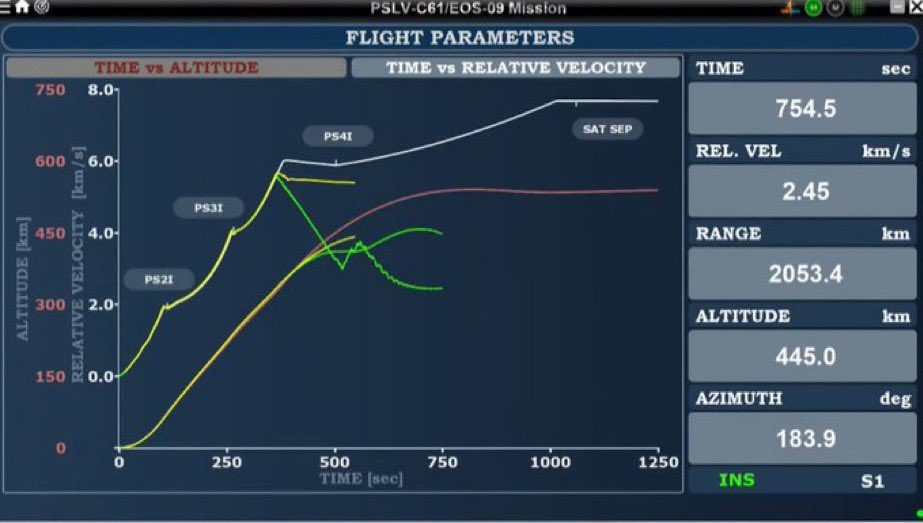Brazil is to terminate the joint Brazilian-Ukrainian project to launch Ukrainian-built Tsyklon-4 (Cyclone-4) rockets from the Alcantara launch site in Brazil. Space News (Peter De Selding) reports that the Brazilian government is to make a formal announcement in April 2015 confirming this action.
Full story in Space News is here: http://spacenews.com/brazil-pulling-out-of-ukrainian-launcher-project/
sequatorial launches do not require so much inclination removal for orbits located around the equator such as Geostationary Earth Orbits (GEO).
Tsyklon 4 launches were originally planned to start in 2015 and offered commercially by launch provider Alcantara Cyclone Space. The vehicle was designed to loft payloads of up to 5,300kg to LEO (Low Earth Orbit) and 1,600kg to GTO (Geosynchronous Transfer Orbit).
The Brazilian Space Agency (AEB) reportedly decided to pull the plug on the project after a series of technical and financial issues, and a doubts about the size of the potential launch market. Instead Brazil has decided to concentrate on its own smaller solid rocket launch vehicle, the VLM, which it is building with the German Aerospace Centre, the DLR. Having worked with China on Earth observation satellites before, the AEB now plans launch a radar satellite in 2020.
What happens to Tsyklon-4 remains open to question. Tsyklon rockets have previously operated from the Baiknonur launch site near Tyuratam in Kazakhstan. The Russo-Ukrainian Zenit rocket flies from this location so politics should not get in the way. However, this launch location which lies 45 degrees North of the equator will significantly detract from the Tsyklon-4 launch vehicle’s lifting performance.







